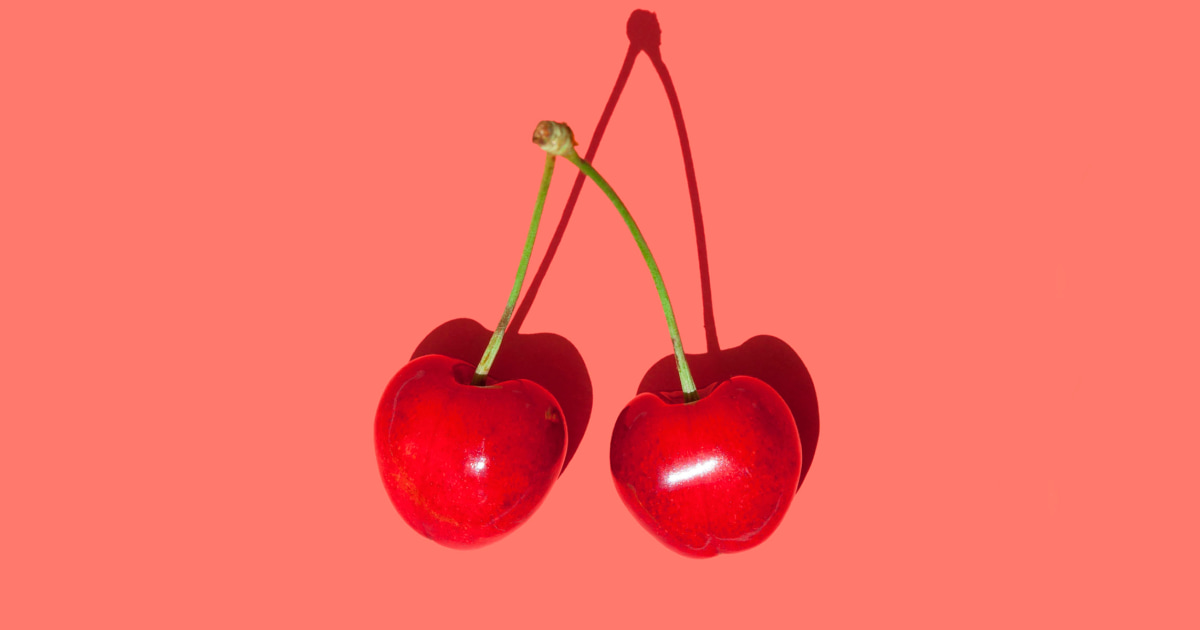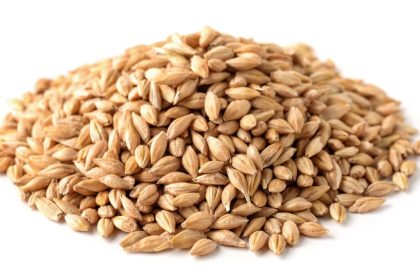Certain fruits are naturally rich in melatonin, a hormone crucial for regulating the body’s 24-hour sleep-wake cycle. According to registered dietitian Samantha Cassetty of New York, melatonin levels rise in the evening, sending a signal to the body to prepare for sleep. “At nighttime, melatonin levels naturally rise, sending an ‘It’s bedtime’ signal to the body. This helps you feel sleepy and lowers core body temperature so you can drift off,” Cassetty explained to TODAY.com.
Maintaining a nutritious diet filled with plants, adhering to a consistent sleep schedule, and minimizing exposure to bright lights at night can help the body produce sufficient melatonin. However, factors such as jet lag, shift work, and excessive blue light exposure from screens can disrupt this rhythm. Cassetty acknowledges that while short-term melatonin supplements can be beneficial, they are not recommended for everyday use due to a lack of long-term safety data.
Additionally, most melatonin supplements are synthetic and may cause side effects. There’s also concern that many individuals might unknowingly consume higher doses than necessary. As an alternative, experts suggest incorporating melatonin-rich foods into your diet, as these can potentially increase melatonin levels in the bloodstream.
“As a dietitian, I always go for the food-first approach,” said Lorraine Kearney, CEO of New York City Nutrition. She recommends consuming these foods about an hour before bedtime. Cassetty also emphasizes the importance of a balanced diet, saying that a diet rich in complex carbohydrates, fruits, and vegetables can lead to fewer sleep disturbances. A 2025 study corroborated this claim, linking nutritious eating patterns to better sleep quality.
Here are nine fruits that stand out for their melatonin content or for boosting the body’s melatonin production:
1. Cherries:
Both sweet and tart varieties of cherries can enhance melatonin levels and positively affect sleep. Cassetty noted that while consuming the whole fruit promotes long-term sleep benefits, drinking tart cherry juice may offer quicker results due to its concentrated nutrients. A small study revealed that participants who consumed tart cherry juice concentrate for a week had significantly elevated melatonin levels and increased total sleep time compared to those who took a placebo. If trying the juice, Cassetty recommends selecting a brand without added sugars and pairing it with sleep-inducing foods like cheese, high in tryptophan, or melatonin-rich almonds.
2. Grapes:
Research indicates that both fresh grapes and their products—such as wine, grape juice, and vinegar—contain melatonin. Frances Largeman-Roth, a registered dietitian, recommends snacking on fresh grapes in the evening to enhance sleep.
3. Kiwi:
A 2023 study highlighted that consuming two kiwis an hour before bedtime can improve sleep speed and quality. Cassetty listed kiwi as one of the healthiest fruits for aiding in sleep.
4. Goji Berries:
These small red berries, native to the Mediterranean and Asia, boast high antioxidant levels and exceptional melatonin content among dried fruits, as reported by NutritionFacts.org.
5. Pineapple:
A small study found that consuming pineapple resulted in a notable increase in blood melatonin levels two hours post-consumption. Keri Glassman, a registered dietitian, has recognized pineapple as one of her favorite sleep-enhancing foods and suggests pairing it with a protein source to help maintain stable blood sugar levels.
6. Strawberries:
This well-loved summer fruit not only contains melatonin but is also rich in vitamin C, both of which are beneficial for sleep, according to research findings.
7. Oranges:
Similar to pineapple, a study revealed that drinking orange juice resulted in significantly elevated melatonin levels in the blood two hours after consumption.
8. Bananas:
Although bananas are not particularly high in melatonin, they are rich in nutrients that aid its production. Registered dietitian Erin Palinsky-Wade explained that melatonin is part of a longer nutritional process that starts with tryptophan. Cassetty added, “Bananas are rich in tryptophan, which supports the serotonin-to-melatonin pathway.” A 2024 study confirmed that consuming a banana at bedtime can help alleviate insomnia.
9. Tomatoes:
While commonly used in savory dishes, tomatoes are botanically classified as fruits and are prevalent in the Mediterranean diet. Studies have noted their high melatonin content.
Incorporating these melatonin-rich fruits into your evening routine could not only satisfy your sweet tooth but may also improve your sleep quality, aligning with a holistic approach to health and wellness.






